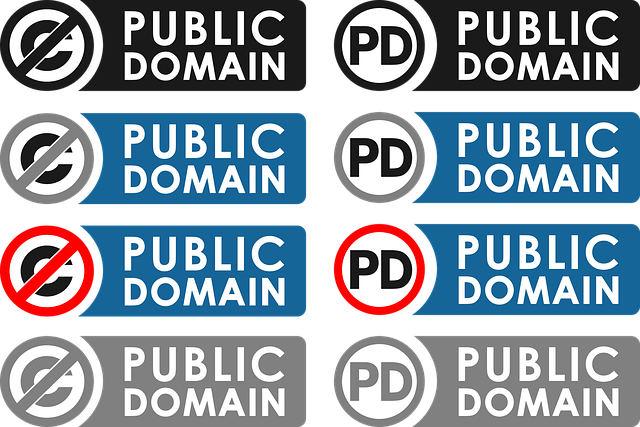When researching copyright law, it is vital to understand what works are in the public domain and how this will impact creators and users alike. Because it’s crucial to protect the unique works of creators, there are many nuances regarding copyright-free content. Keep reading to learn more about what it means for a work to be in the public domain and how a copyright infringement lawyer can help you navigate any copyright claims you may need to pursue.
What Does It Mean When a Work Is in the Public Domain?
When a work is in the public domain, it means it has no owner, and thus it is not protected by copyright laws. The lack of protection means that anyone can use the content without receiving permission from the owner. Similarly, they do not have to pay or compensate the creator and cannot be sued for compensation.
How Do Works Become Part of the Public Domain?
There are a number of ways works can enter the public domain. The most common is that a work’s copyright expires. Generally, the length of a copyright is the creator’s lifespan plus seventy years if the work was created after 1977. This means seventy years after a creator’s death, their work will no longer be subjected to copyright protections.
It’s also important to understand that work produced by the federal government of the United States is not protected by copyright. This means legislation and other documents are in the public domain.
Similarly, some people create work specifically for the public domain for a number of reasons. This means you are not registering your work with the U.S. Copyright Office. To indicate that you want your work to be free to use, you would place a CC0 mark on the content or state that the work has been dedicated to the public. This indication lets others know they are free to use your creation without fear of copyright infringement.
Works adapted from content in the public domain will likely be subjected to copyright protection. For example, Alice’s Adventures in Wonderland by Lewis Carroll is in the public domain, but Disney’s recent adaptation is not. This means you cannot reproduce the film without risk of copyright infringement.
What Should I Do If My Protected Content Is Being Used Without Permission?
If you believe your work is being used under the guise of belonging to the public despite the fact that it’s copyrighted, you’ll want to ensure you receive the compensation you are entitled to for your work.
You’ll want to contact CopyCat Legal to connect with a competent lawyer as soon as you know your copyrighted content is being used without your permission. Even if the unauthorized user believed this work was free, you should still receive compensation for any income they earned from your work. Contact our dedicated legal team today to learn how we can help you.

